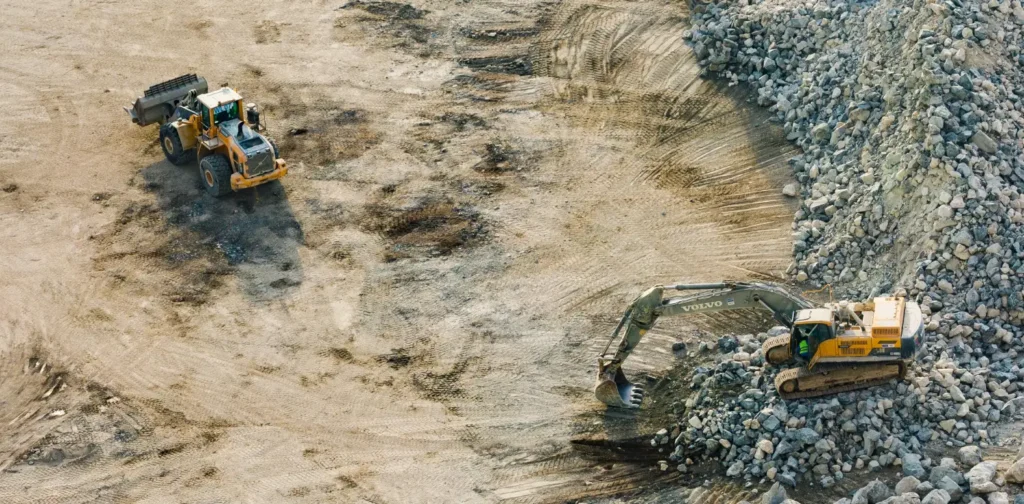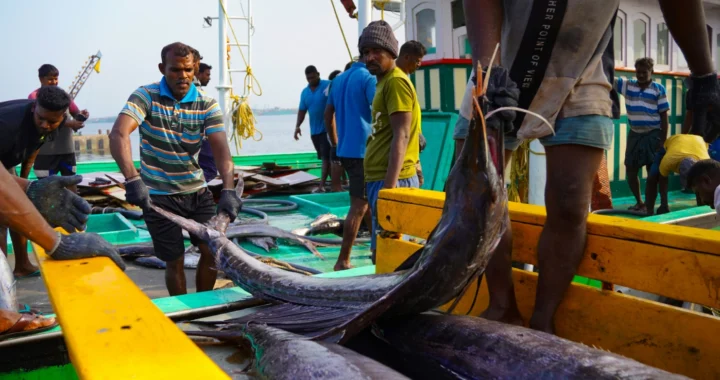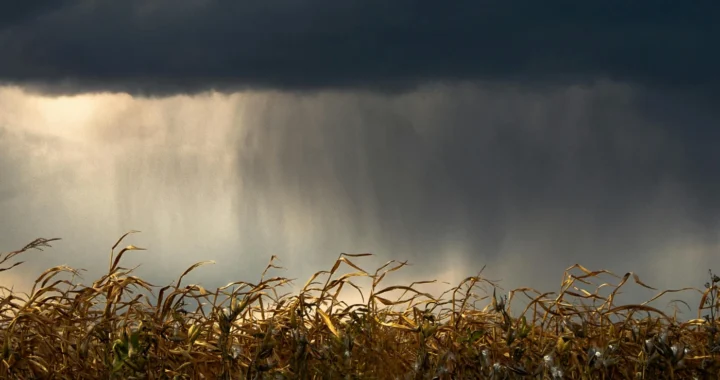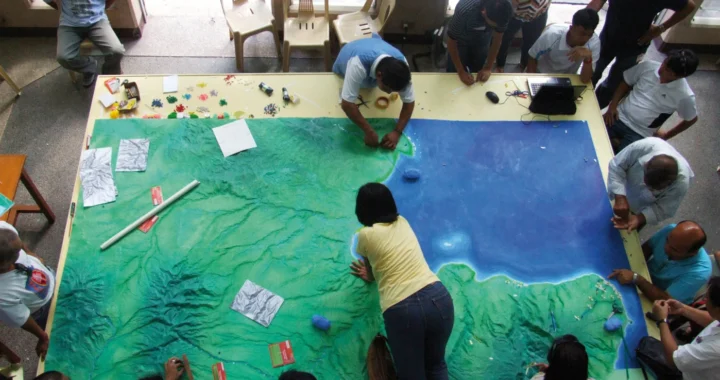Acknowledging Ecocide to Seek Accountability Against Environmental Offenses

Photo: Aleksandar Pasaric on Pexels.
Humans depend heavily on nature to survive, yet our activities contribute significantly to environmental degradation. Large-scale extractive practices, burning fossil fuels, and heavy pollution have led to the deterioration of natural resources. Then, to what extent can such behavior be allowed? For years, activists and country leaders have been working to establish ecocide as grounds for complaint in international law, seeking accountability for crimes against the environment.
What Is Ecocide?
The natural environment is a critical pillar for life on Earth. However, beyond its ability to provide resources for humans, we must also recognize nature’s rights to exist and thrive. Violating them means committing atrocities for fellow humans, nature, and other living beings.
In 2021, legal experts from across the globe established the legal definition of ecocide under the initiative of the Stop Ecocide Foundation, referring to “unlawful or wanton acts committed with the knowledge that there is a substantial likelihood of severe and either widespread or long-term damage to the environment being caused by those acts.”
Establishing a legal definition is part of a larger effort to support the adoption of ecocide by the International Criminal Court (ICC). The legislation will allow individuals to be held accountable for their harmful actions or negligence that result in severe environmental damage. Examples can range from nuclear incidents and major oil spills to unlawful killings of critically endangered species and their habitats.
A Long Progress
The adoption of an ecocide law has been discussed for years. In 1972, the Swedish Government proposed the concept at the 1972 UN environmental conference in Stockholm. The concept was also considered for inclusion in the 1998 Rome Statute, a treaty that established the ICC. However, according to the European Law Institute, ecocide is still considered a war crime, with no charges filed so far.
In September 2024, Vanuatu, Fiji, and Samoa submitted a proposal to the ICC to recognize ecocide as a crime alongside genocide and war crimes. The three island countries are included in the Small Island Developing States group, which experiences disproportionate impacts of climate change.
Despite slow progress globally, development at regional and national scales has emerged throughout the years. There is a growing number of countries that recognize ecocide as a crime, including Mexico, Vietnam, France, and Belgium. Meanwhile, the European Union has revised the Environmental Crime Directive to include ‘conduct comparable to ecocide’ as a qualified offense.
Seeking Accountability
With more countries and regions recognizing environmental offenses as crimes in their legislation, it is hoped that this will also push progress at the global scale. Now more than ever, when the Earth’s temperature is at record high, natural resources are depleting everywhere, and climate-induced disasters get more severe, it is vital to put a stop to various irresponsible human practices and hold accountable those who contribute the most.

Join Green Network Asia Membership
Amidst today’s increasingly complex global challenges, equipping yourself, team, and communities with interdisciplinary and cross-sectoral insights on sustainability-related issues and sustainable development is no longer optional — it is a strategic necessity to stay ahead and stay relevant.

Kresentia Madina
Madina is the Assistant Manager of Stakeholder Engagement at Green Network Asia. She holds a bachelor’s degree in English Studies from Universitas Indonesia. As part of the GNA In-House Team, she supports the organization's multi-stakeholder engagement across international organizations, governments, businesses, civil society, and grassroots communities through digital publications, events, capacity building, and research.


 Exploring Technological Advancement to Replace Animal Testing
Exploring Technological Advancement to Replace Animal Testing  Addressing Overconsumption for Transformational Changes
Addressing Overconsumption for Transformational Changes  Global Reform on Fisheries Subsidies Signals a Hopeful Shift Toward Ocean Sustainability
Global Reform on Fisheries Subsidies Signals a Hopeful Shift Toward Ocean Sustainability  A Major Cause of Changing Rainfall Patterns
A Major Cause of Changing Rainfall Patterns  Strengthening Disaster Risk Governance at Local Levels
Strengthening Disaster Risk Governance at Local Levels  Recognizing the Role of Local Communities in Biodiversity Conservation
Recognizing the Role of Local Communities in Biodiversity Conservation